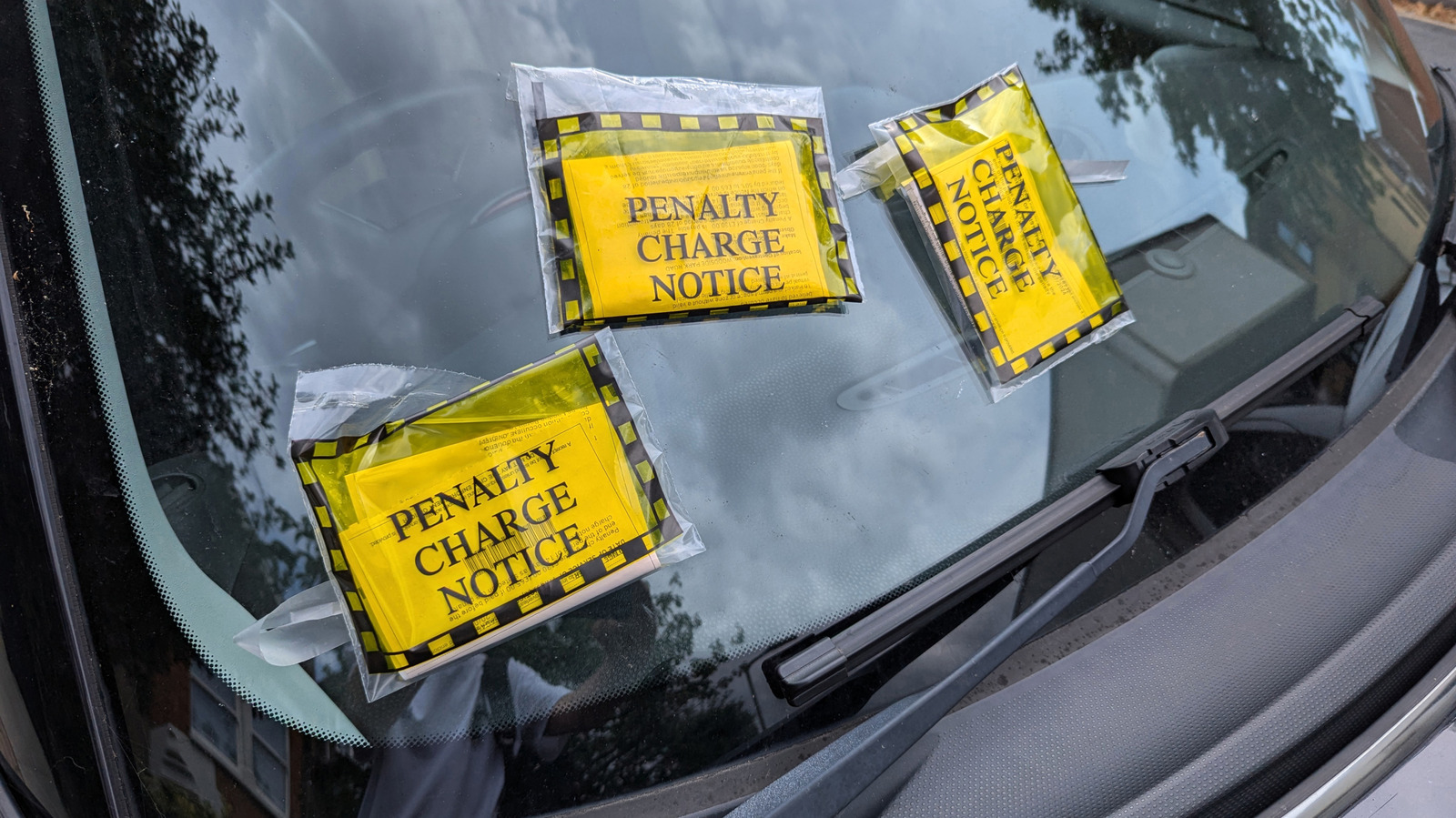The 14th episode of the seventh season of “Shark Tank” premiered on ABC on January 15, 2016, to roughly 5.6 million live and same-day viewers as measured by the Nielsen ratings. The first of four pitches featured that week was from David Hegarty seeking investments for Fixed, a mobile app and service built around helping people beat parking tickets. Though some of the sharks bowed out from investing in Fixed, expressing skepticism at the app’s ability to scale beyond its test markets and thinking that an app designed to deprive local governments of revenue would be a big target, Mark Cuban was interested, showing a particular interest in helping the average person fight back against improperly assessed tickets.
Advertisement
However, shortly after the episode was shot, those concerns about the ability to scale and raising the ire of the municipalities Fixed operated in quickly came to fruition. Cities made an effort to block Fixed from working with the systems that they used to manage parking tickets, and this seemingly threw a monkey wrench into Hegarty’s deal with Cuban. Very quickly, the landscape changed for Fixed, eventually leading to a sale. Hegarty, meanwhile, has since carved out a spot as a perennial founder and executive type in the startup world, most recently in the fintech space. That venture may not be going particularly well for him, either, though. With all of that in mind, let’s take a detailed look at what happened to Fixed and David Hegarty on “Shark Tank” and beyond.
Advertisement
What happened to Fixed on Shark Tank?
David Hegarty entered the proverbial tank seeking a $700,000 investment for five percent equity in Fixed, his app for helping people beat their parking tickets. The basic idea was that you use your phone’s camera to take a picture of a ticket, and the Fixed app’s algorithm would analyze the ticket to look for common errors that make it easily contestable, like listing the wrong make for your car. If the app couldn’t find any grounds to contest the ticket, the user was charged nothing, but if the app got them out of the ticket, users had to pay Fixed the equivalent of 35 percent of the ticket’s fine. If the user lost in court, they were out a $1.99 convenience fee along with the fine. Though the sharks were very skeptical of Hegarty’s $14 million valuation for Fixed, he noted that he had raised $1.8 million to date, with the last round being at a $10 million valuation.
Advertisement
Robert Herjavec and Lori Greiner opted out first, lacking confidence Fixed could scale up to being a genuinely investible multimillion-dollar business. Guest shark Chris Sacca dropped out next, feeling that car ownership was on its way out and that investing in Fixed would be in opposition to his investment in Uber. Mark Cuban was interested, though, offering $700,000 for seven percent equity and another two percent in advisory shares. Hegarty was hesitant at first, but after he asked and received Cuban’s word that he’d be available whenever needed, Hegarty accepted the offer.
What happened to Fixed after Shark Tank? Is it still in business?
Mark Cuban has a full list of his investments from the show on his website, so this is one of the times when we can confirm that the deal never closed after the episode was shot. Figuring out exactly why is difficult. Most of the press coverage about Fixed is about the “Shark Tank” episode, and everything else is from before the episode in question aired. David Hegarty is not among the former “Shark Tank” guests who have done interviews about his episode, either. It’s likely that the deal fell apart when the California cities of Oakland, San Francisco, and Los Angeles blocked Fixed from accessing online parking ticket resolution systems after the episode was shot in 2015.
Advertisement
Exactly five months to the day after the episode aired, TechCrunch reported that Fixed had been acquired by Lawgix, a multi-state law firm that also fashions itself as a tech company. However, the purchase was primarily to get a hold of Fixed’s technology that was able to automate so much of the ticket-contesting process, with no interest in retaining Fixed’s staff. According to the TechCrunch report, Hegarty knew he had to get out when cities blocking the app ruined a September 2015 attempt at getting more funding. “It’s hard enough to get a business up and running when it’s plain sailing,” he told TechCrunch.
What’s next for Fixed’s founder?
Since selling Fixed and the app subsequently withering away, David Hegarty has been, per his LinkedIn page, a fairly prolific startup executive in the tech world. He moved on to real estate sales app OpenDoor, where he held various roles over the course of 22 months. In 2020, he helped found Atomic, a venture capital studio, before moving onto his current role in 2021: Founder and CEO of Playbook, a financial planning startup.
Advertisement
“Playbook is the app I wish I had in my 20s,” Hegarty told Business Insider in an August 2022 interview. “As a 20-year-old, I thought I knew what I was doing regarding my finances, but I didn’t understand what a 401(k) match or know what an IRA was. It was free money from my employer, and I didn’t understand enough to capture it.” However, despite securing $7 million in Series A funding, it looks like it didn’t take long for Playbook to fizzle out. On October 1, 2024, the company website posted that the service/app would be “winding down” and inaccessible after October 31.
The notice about the “wind down” doesn’t explain why Playbook is going away, and Hegarty hasn’t posted anything on his LinkedIn blog or his X (formerly Twitter) account since about a month before the announcement. Whatever’s next for him after Playbook closes, he’s keeping it close to the vest for now.
Advertisement
